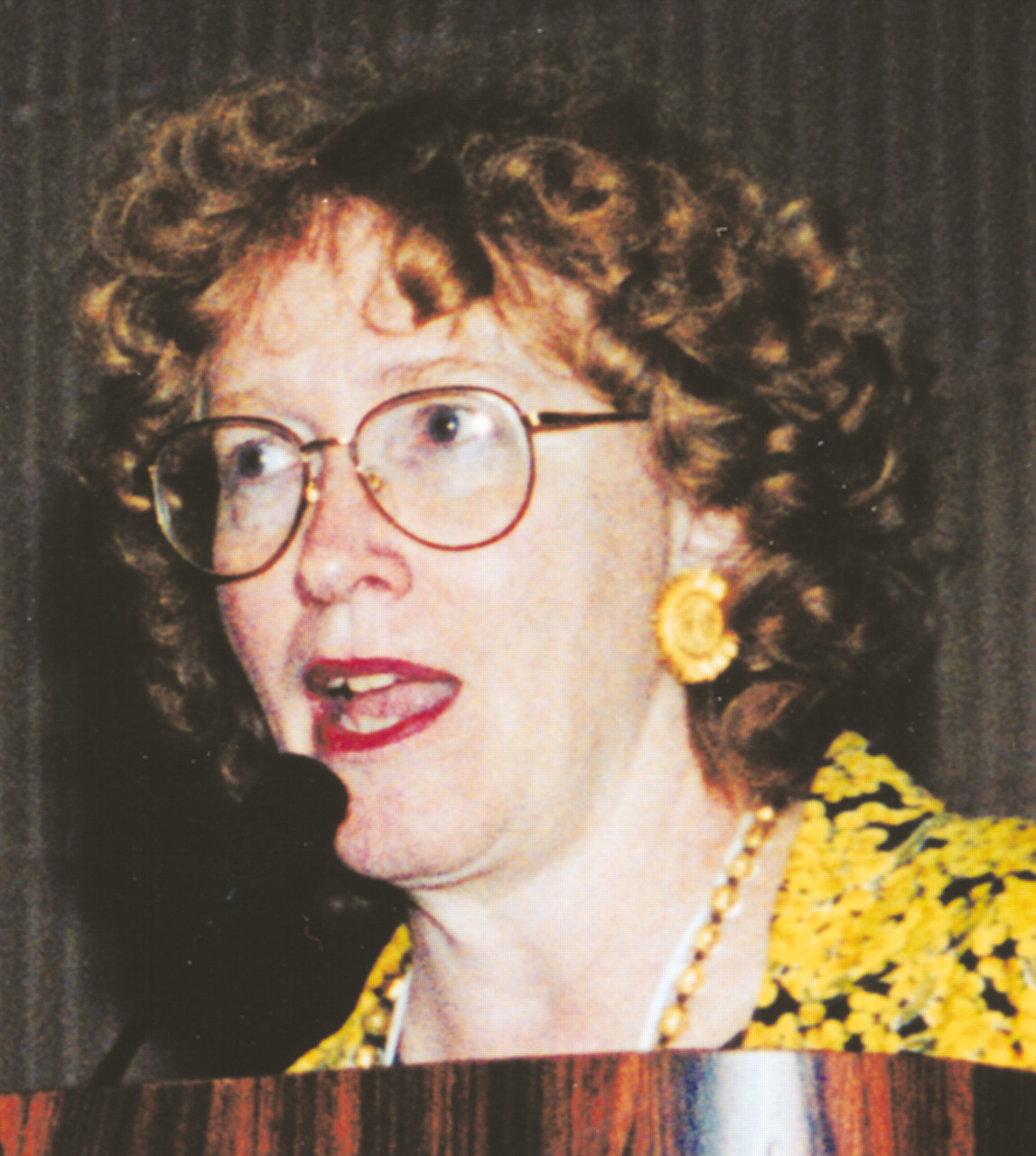Women’s mental health is highly impacted by their access to employment, food, education, health care, and resources for economic development, said an international group of women’s health experts last month.
When denied access to these services and resources, women become more vulnerable to physical and sexual violence, psychiatric disorders, and psychological distress, said psychiatrist Donna Stewart, M.D., at the Second World Congress on Women’s Mental Health last month in Washington, D.C. Stewart is president of the International Association for Women’s Mental Health.
Women worldwide are more likely to live in poverty, be illiterate, have AIDS, and be victimized by partner violence than are men. Female genital mutilation affects between 100 million and 140 million women in Africa, Asia, and the Middle East, said Stewart, who also chairs the World Psychiatric Association’s Section of Women’s Mental Health.
Men outnumber women in many third-world countries including India, China, Pakistan, and Saudi Arabia. This may be due to discriminatory practices against females including selective abortion, infanticide, malnourishment, excessive injuries, and receiving less treatment for medical illnesses, said Stewart.
“Women’s right to quality reproductive health services are an intrinsic part of their basic right to health and well-being,” she emphasized. When women have access to birth control and other family-planning options, including safe abortions, they can plan when and if they want children and pursue educational and employment opportunities, said Stewart.
“Yet there is a wide disparity in the availability of contraception, access to safe abortions, and safe childbirths worldwide,” she pointed out. Half a million women die from pregnancy-related complications annually, she added.
Education of women was declared a human right in the 1995 Beijing Platform for Action, said Stewart, and is considered the key to empowering women economically and socially.
As a model of a successful initiative, she described the transformation of an entire village in Guatemala she has visited for 30 years through economically empowering the local women.
“Several years ago, a poor Indian village in the western highlands of Guatemala experienced extreme deforestation and drought. Crops were lost, and seeds became unattainable,” explained Stewart.
The villagers were deprived of food and income and became demoralized. The men began to drink alcohol heavily, beat their wives, and stopped productive work.
“The women also became demoralized and stopped taking care of their families. Schoolteachers left, infants died from diarrhea, and violence was rampant,” she said.
A small multinational group heard about the village’s problem and decided to give the women a small loan. The women started a weaving cooperative, since weaving was a skill they already knew.
“Their beautifully dyed cotton fabrics caught the attention of high-end designers, who marketed them throughout America and Europe,” said Stewart.
The women earned enough income from their weaving to build latrines and health clinics and to buy seeds and some fields back. The infant mortality rate dropped, and the children went back to school. The women established five more weaving cooperatives with their income.
“The men didn’t dare beat their wives because the women had the money now,” Stewart explained.
The community is now a model for other communities, said Stewart. “One small loan made an enormous difference. When you think about making a difference that will improve women’s mental health, think about other choices for women besides SSRIs.”
Stewart added that she sometimes recommended SSRIs but knew that they were not the ultimate solution to the global problems affecting women’s mental health. Although she acknowledged that “modern treatments play an important role in managing depression in individual women, we also need to address the context of women’s lives,” she said.
Information about the International Association for Women’s Mental Health is posted online at www.womenmentalhealth.com. ▪

